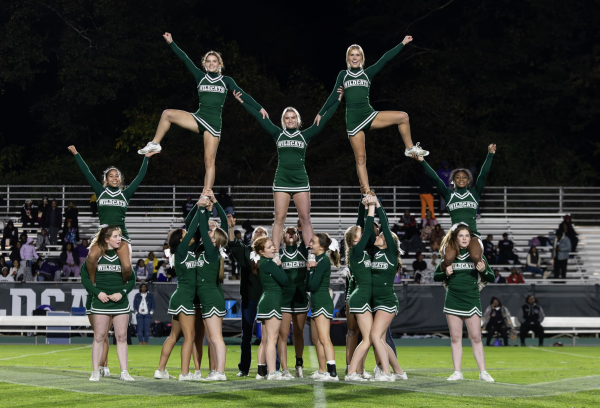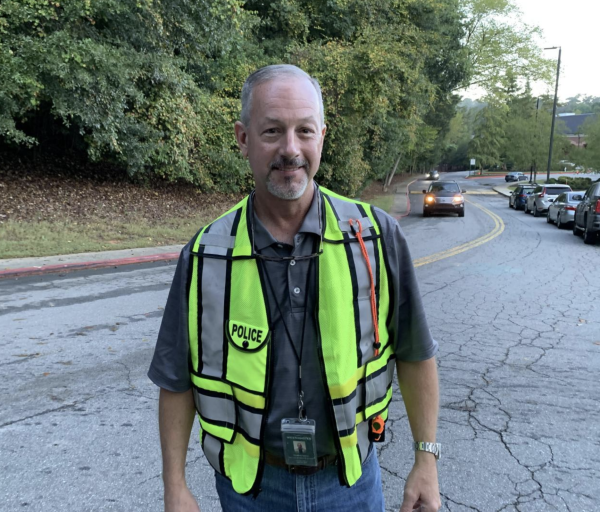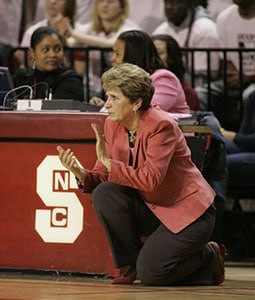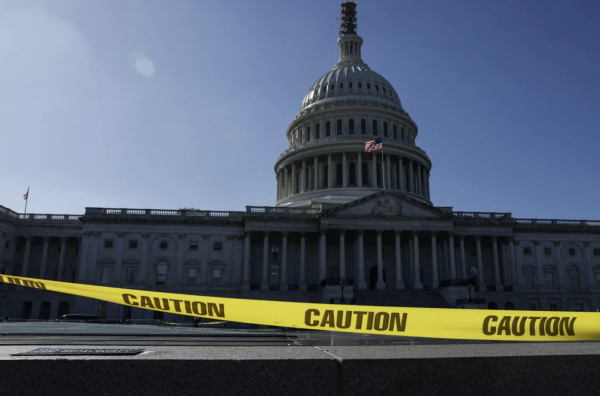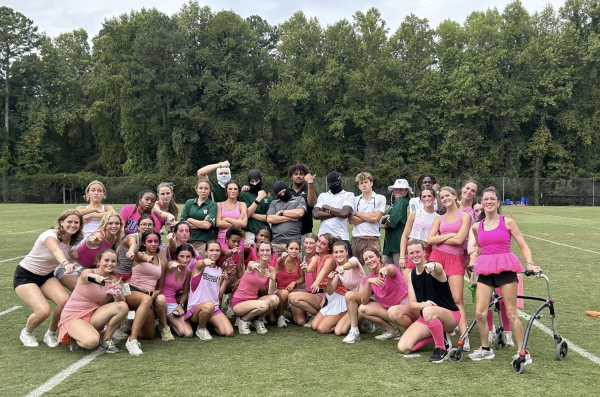Westminster reflects on the Ukraine-Russia War
During heightened tensions surrounding the Ukraine-Russia war, the Westminster history teachers hosted a discussion on the nature of the conflict. Ukraine became an independent country in 1991 after a majority of the country, 92 percent of voters, voted to become independent from the Soviet Union, which was collapsing. On Feb. 24, over 30 years later, Russia invaded Ukraine, putting at risk millions of Ukrainians and the country’s sovereignty.
Vladimir Putin has been in power in Russia for the past 16 years and has been dedicated to protecting his interests and stopping the spread of the West. Putin is a strong opponent of Ukraine joining the North Atlantic Treaty Organization, a military alliance formed during the Cold War of “Western” nations such as Germany, Britain, and France. Putin invaded Georgia in 2008 after the nation moved to join NATO, and Putin also invaded and annexed Crimea in 2014 after Ukrainians pushed out a pro-Russian president. Putin’s recent invasion of Ukraine is the largest European war since World War II, and there are an estimated 200,000 Russian troops in Ukraine.
Putin’s reason for invading Ukraine is unclear. In the past, however, Putin has called Ukraine a part of Russia, such as in an essay from 2021, where Putin referred to Ukrainians and Russians as “one people.”
“Genuinely, as best as people can hypothesize is sort of to dabble in some psychoanalysis and to tell Putin’s story as a KGB officer who came as age as a strategic thinker at the end of the Cold War where standards of living went lurching backward and that the democracies of the West did not respect Russia as a great power,” said John Monahan, an Upper School history teacher.
Putin’s background as a Russian intelligence officer during a time when, in Putin’s eyes, the West was betraying Russia could have influenced Putin to pursue initiatives that will gain more power for Russia.
Regardless of Putin’s motive, the invasion is unprovoked. Nations across the world, such as the United States, are responding to Russia’s attack, condemning Putin’s actions, placing sanctions on the Russian economy, and boycotting Russia. Germany shut down Nord Stream 2, an oil pipeline that runs from Russia to Germany that would save Russia the $2 billion it spends yearly on fees for transporting oil through Ukraine. Twenty European nations have also banned their aircraft from entering Russian airspace, and President Biden has placed heavy sanctions on Russia.
“I think that the sanctions imposed by the US and their NATO allies will be effective in the long term, not the short term, because Russia will right now have a war chest for any military expenses that they have, but over the long term, Putin may come back to the negotiating table,” said senior Whittaker Swann.
Many people are arguing that other nations are not doing enough to support Ukraine. This lack of support can be intentional.
“History tells us that it is important not to let an adversary’s people believe that your problem is with them. It is often important to emphasize that it is with political and military leadership,” says Monahan.
The sanctions placed on Russia will significantly affect Russian civilians and lower their standard of living. Additionally, a slower escalation will leave more tools on the table, preventing Russia from resorting to an extreme measure, such as nuclear weapons. Russia has more nuclear warheads than any other country, and Putin has made threats to use these weapons.
“I am scared about Russia’s threats about nuclear weapons,” says senior Reilly Goldstrom.
In terms of the war on the ground, President Biden has declared that he will not be sending troops into Ukraine but has sent additional forces to NATO countries in Europe.
The war between Ukraine and Russia will displace millions of Ukrainians, and according to the United Nations, 600,000 Ukrainians have already fled the country, seeking refuge in nearby countries such as Poland, Moldova, Hungary, and Romania. Many, however, are unable to leave the country and thousands of Ukrainians are seeking shelter in subway tunnels that were originally built to double as bomb shelters. Russia initially promised to not harm civilians, but as of Feb. 28, at least 240 civilians have been killed in the conflict.
The invasion of Ukraine has also reignited conversations about China and Taiwan. Taiwan, an island a hundred miles off the coast of China, split from China after World War II, after communists took over China and the nationalist party fled to Taiwan. Taiwan is only recognized by thirteen other nations as a sovereign country, and China still believes Taiwan to be a part of China, similar to how Russia views Ukraine.
Because there is a limit on the number of troops we have available to be simultaneously sprinting to the Taiwan straits while worrying about other potential conflicts, if the Chinese start to see any strain on [the militaries that back Taiwan], a Chinese policymaker may say the time to gain more direct control of Taiwan is now,” said Monahan. “Impossible to know but history tells us sometimes people take advantage of timing but at other times wait to see.”
Taiwan’s president, Tsai Ing-wen, has ordered armed forces to strengthen defenses, as many Taiwanese people are seeing the war in Ukraine and other nations’ refusal to send troops as a lesson to be prepared to be self-reliant in the face of military conflict.
On Monday, Feb. 28, during office hours, history teachers hosted a session on the war in Ukraine. Throughout this session, they emphasized that there is no way to predict the future.
“It is impossible to say what will happen in a year,” says Monahan.
This article was written on Feb. 28 at 3:00 PM. Since then, some of the details of this article may have changed.





